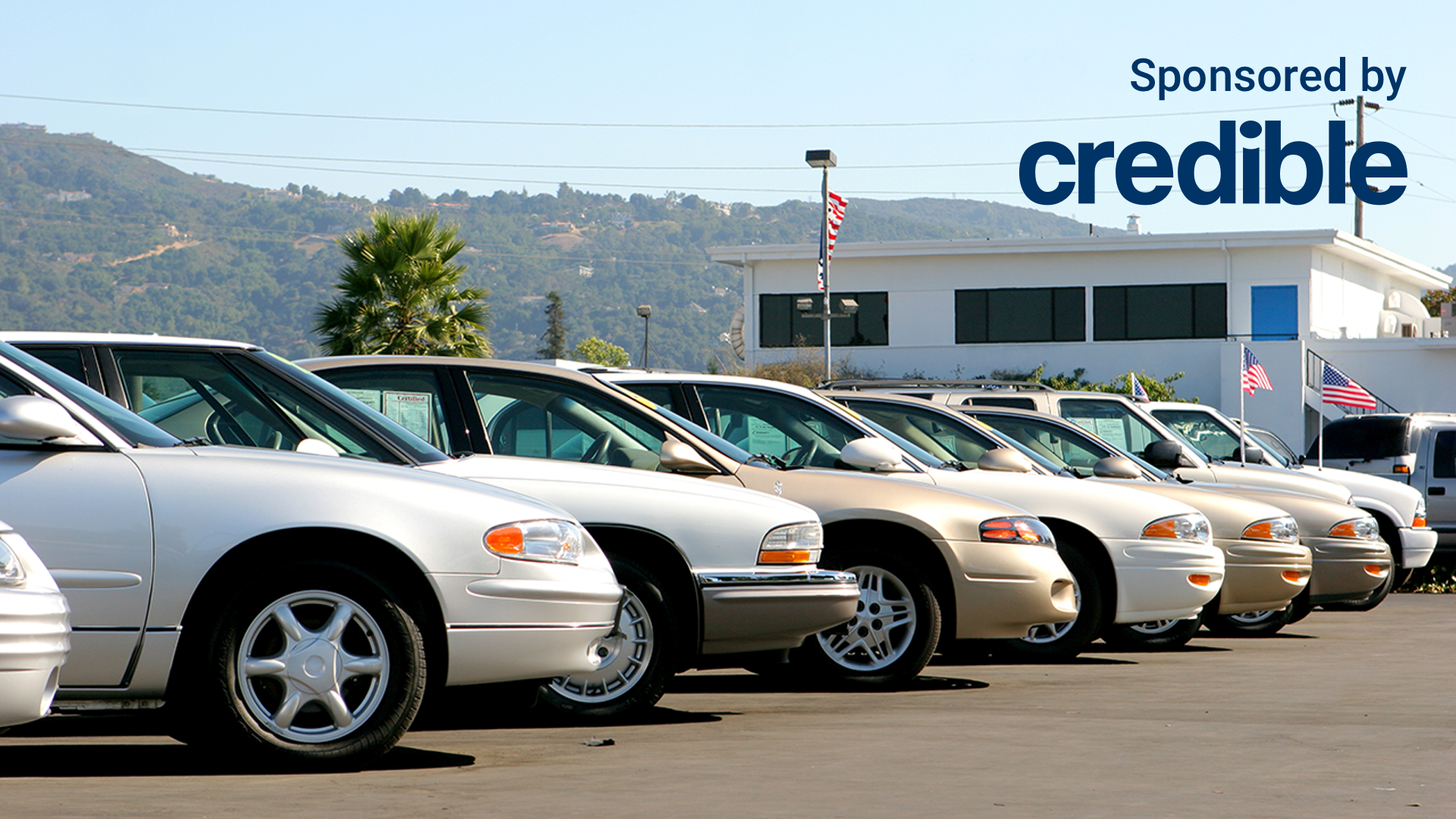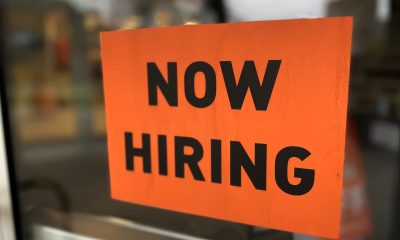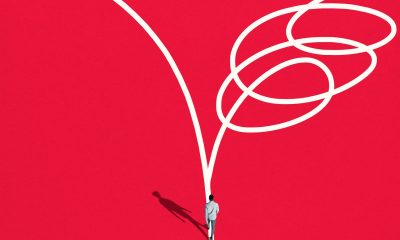Personal Finance
Inflation ticks up again in April, puts interest rate hikes back on the table

The debate over if the Federal Reserve is finally done with its interest rate increases continues after April’s inflation showed an uptick over the previous month.
The Consumer Price Index (CPI), a measure of inflation, rose 4.9% year-over-year in April, a slowdown from the 5% increase in March, according to the Bureau of Labor Statistics (BLS). On a monthly basis, inflation rose 0.4% in April after increasing by 0.1% the month before.
Overall, prices for shelter, gasoline, used cars and trucks increased in April. The 3% increase in gas prices was enough to offset the decline in other energy component indexes, the BLS said. Although shelter was the largest contributor to the monthly all-items increase, April’s 4% increase was half the February pace and the lowest single-month uptick in over a year.
“Inflation remains too high, and the clock is ticking before the Fed’s next meeting,” Morning Consult’s Chief Economist John Leer said in a statement. “After falling from 40-year highs, inflation appears to be settling in at an uncomfortably elevated level.
“Rate hikes are back on the table at the Fed’s June meeting, although ongoing stresses in the banking sector may tighten financial conditions on their own, effectively tightening monetary policy without additional intervention from the Fed,” Leer continued.
“Core inflation remains stickier and more persistent than the Fed would like, and combined with the strength of the March jobs report, there’s a growing case for the Fed to raise rates yet again at its next meeting,” Leer continued.
If you are struggling with high inflation, you could consider taking out a personal loan to pay down debt at a lower interest rate, reducing your monthly payments. You can visit Credible to find your personalized interest rate without affecting your credit score.
MANY AMERICANS STILL OPTIMISTIC ABOUT HOMEBUYING DESPITE TOUGH ECONOMIC BACKDROP: TD BANK
Fed hinted that it will ease up on interest rate increase
The Fed is in a “will they or won’t they” pattern regarding its next move on interest rates. At its May meeting, the central bank raised rates by 25 basis points but hinted that it could be the last increase of the year.
The Fed is considering easing up on future rate rises because of moderating inflation and additional credit tightening that resulted from the recent failures of Silicon Valley Bank (SVB), Signature Bank, and First Republic Bank. However, Federal Reserve Chair Jerome Powell told reporters at a press conference that the central bank remained committed to reaching its 2% inflation target and would continue to lift rates if needed.
April is less than 5% reading on the CPI shows that inflation continues to moderate. Still, the month-over-month increase could signify that the path to the Fed’s target will be long, according to Jim Baird, Plante Moran Financial Advisors’ chief investment officer. However, unless there is an “upside surprise in prices,” Baird said that the consumer price index should continue to fall back over the next few months.
“A decline to below 4% when the June report is issued looks quite possible, if not likely,” Baird said in a statement. “From there, the path to 2% could prove to be more challenging, particularly in the absence of a marked slowdown in the economy. Progress is being made in the Fed’s fight against inflation, but it’s slower than anyone would prefer.”
If you’re looking to save money amid high inflation, you could consider refinancing your private student loans to a lower interest rate. You can visit Credible to compare multiple student loan lenders at once and choose the one with the best interest rate for you.
PROPOSED CREDIT CARD LATE FEE REDUCTION COULD COST SOME CONSUMERS MORE, SURVEYS SAY
Consumers dealing with high Auto costs
The cost of used cars and trucks increased by 4.4% in April, after several months of consecutive price declines, according to the CPI report.
Prices for previously owned vehicles rose for the first time in months, climbing 0.69% from March at an average price of $30,801, according to automotive data provider ZeroSum.
“Before the pandemic, the average price of a used car was $19,827, but it’s now $26,686 (a 35% increase),” Brian Finkelmeyer, Cox Automotive’s senior director of new car solutions, said in a statement. “The pre-pandemic average used vehicle had 65,000 miles on it, but now the average mileage is 71,000 miles (+9%).”
That leaves today’s used car buyers paying 35% more for a vehicle with 9% more wear and tear, according to Finkelmeyer.
If you are looking to save money on your car costs, you could consider changing your auto insurance provider to get a lower monthly rate. You can visit Credible to shop around and find your personalized premium without affecting your credit score.
HERE’S WHY CONSUMERS’ CREDIT SCORES GOT A BOOST IN MARCH: REPORT
Have a finance-related question, but don’t know who to ask? Email The Credible Money Expert at moneyexpert@credible.com and your question might be answered by Credible in our Money Expert column.
Read the full article here

-

 Make Money4 days ago
Make Money4 days agoHow to Create and Sell Digital Products Online (Make Extra Money)
-

 Investing4 days ago
Investing4 days agoIs Apple Releasing an ‘Ultra-Thin’ iPhone 17 Air? New Report
-

 Side Hustles5 days ago
Side Hustles5 days agoCreate Your Wealthy, Purposeful Life: Business Expert’s Tips
-

 Investing3 days ago
Investing3 days agoMoldova breakaway region to face new power cuts on Saturday, officials say By Reuters
-

 Investing4 days ago
Investing4 days agoUS data center electricity and water use to increase significantly by 2028: report By Investing.com
-

 Investing3 days ago
Investing3 days agoReebok Co-Founder Backs Syntilay’s New AI, 3D-Printed Shoe
-

 Side Hustles3 days ago
Side Hustles3 days agoHow to Survive High-Demand Seasons Without Losing Customers
-

 Side Hustles5 days ago
Side Hustles5 days agoMinimum Wage Is Increasing In These 21 States This Year


















